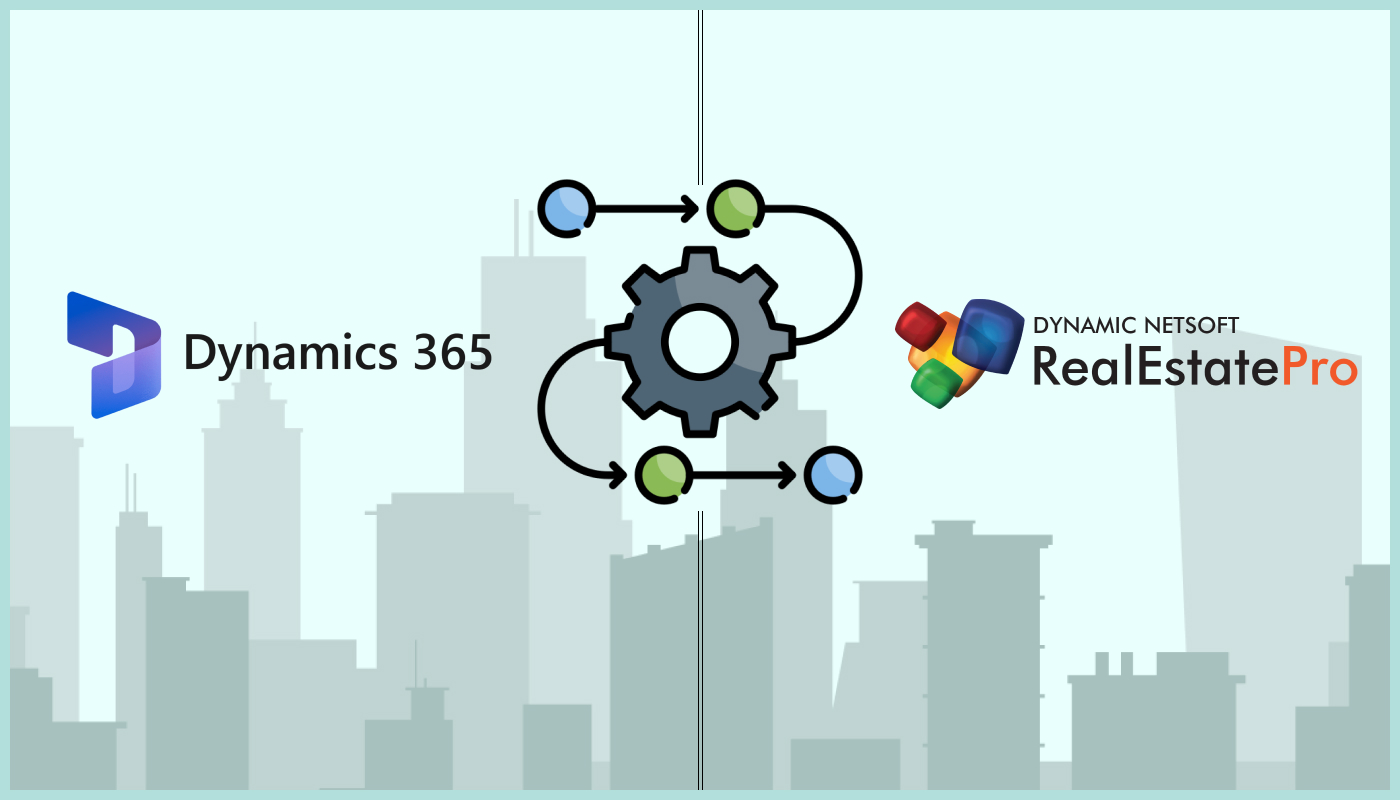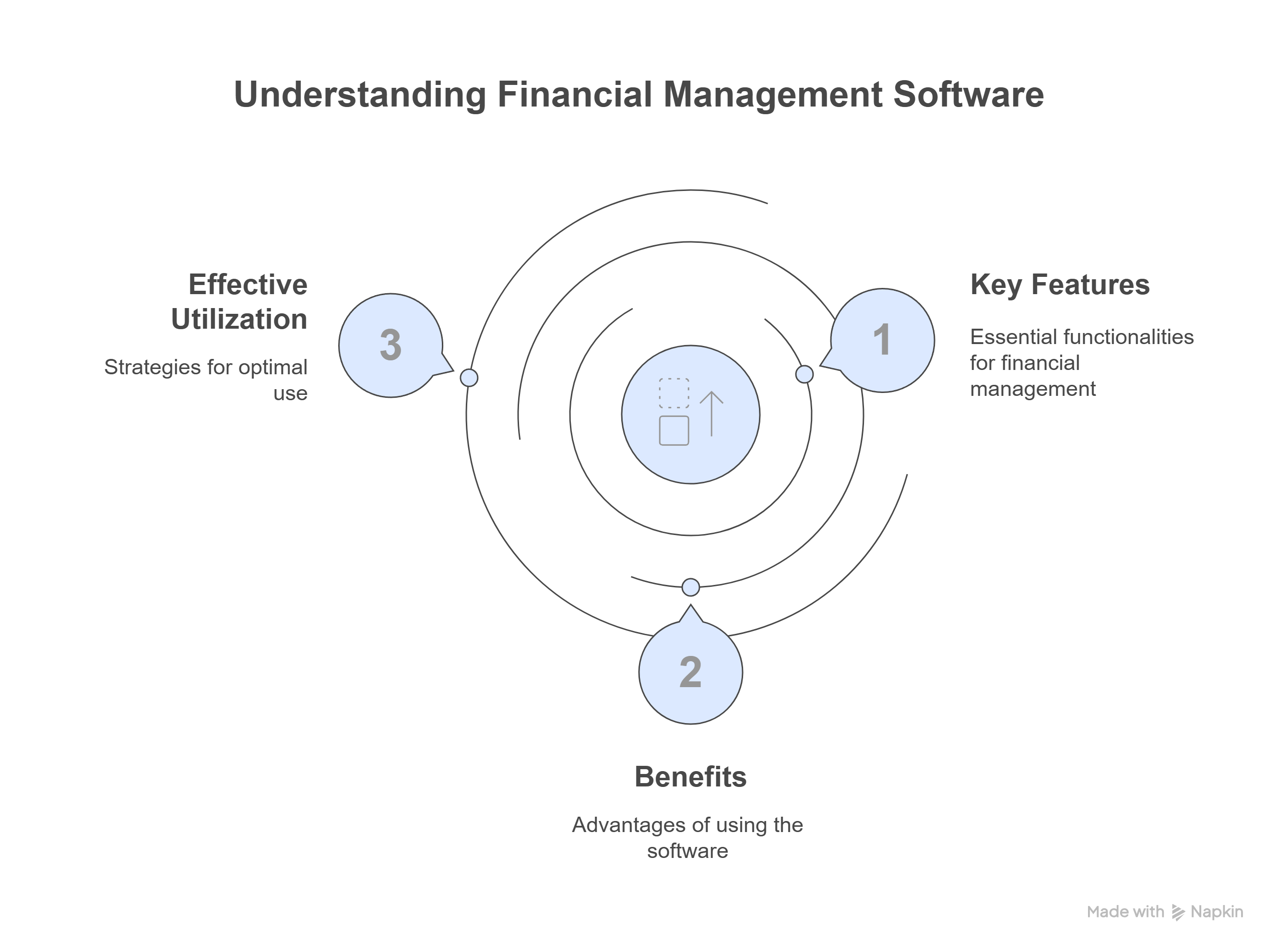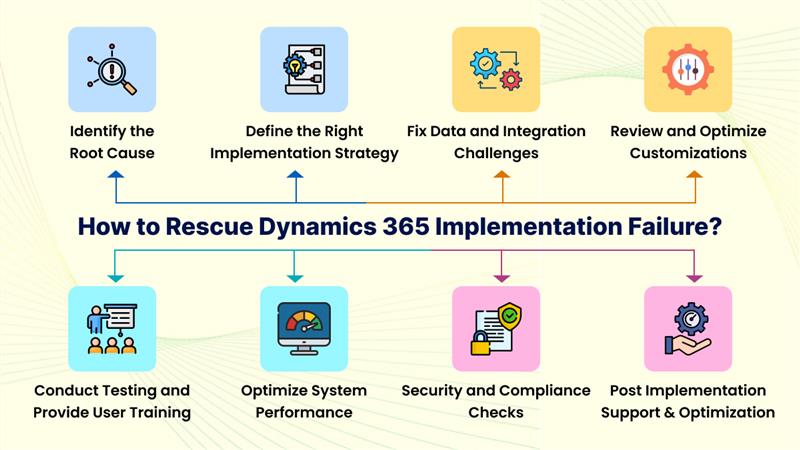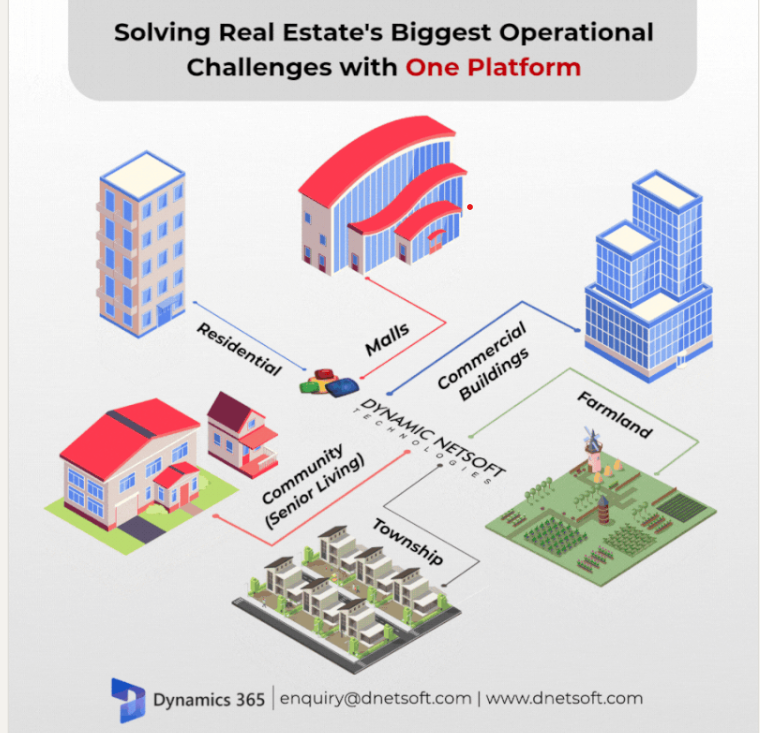Dynamics 365 Implementation vs. ISV Integration: Which is Right for You?

Introduction
In today’s fast-paced business environment, organizations rely on enterprise solutions like Microsoft Dynamics 365 to streamline operations and improve efficiency. However, when adopting Dynamics 365, businesses face a critical decision: Should they opt for a full-scale implementation or integrate Independent Software Vendor (ISV) solutions to enhance existing functionalities?
This article compares full Dynamics 365 implementation and ISV integration, helping businesses determine the right approach based on cost, deployment time, scalability, and customization needs.
What is Dynamics 365 Implementation?
A full Dynamics 365 implementation refers to the end-to-end ERP/CRM solution deployment tailored to a company’s specific needs. It involves:
- Customizing workflows and modules
- Data migration from legacy systems
- System-wide training and adoption
- Extensive configuration and long-term maintenance
When is Full Implementation Necessary?
-
Businesses with complex operations requiring deep customization - Organizations needing a centralized ERP system for all departments
- Companies with long-term budgets for full-scale implementation and support
- However, full implementation comes with significant costs, longer deployment time, and ongoing IT maintenance requirements.
What is ISV Integration?
ISV (Independent Software Vendor) solutions are third-party applications designed to extend Dynamics 365's capabilities without requiring a full-scale implementation. These solutions integrate seamlessly with existing systems and provide industry-specific enhancements.
Key Comparison Factors: Full Implementation vs. ISV Integration
1. Cost & Budget Considerations
- Full Implementation – High upfront costs, licensing fees, and extended ROI periods
- ISV Integration – Lower investment, modular pricing, and faster ROI
2. Deployment Time & Complexity
- Full Implementation – Requires months of setup, customization, and user training
- ISV Integration – Quick plug-and-play deployment with minimal disruptions
3. Scalability & Flexibility
- Full Implementation – More control but requires continuous investment in system upgrades
- ISV Integration – Modular approach, allowing businesses to add features as needed
4. Maintenance & Support
- Full Implementation – Requires an in-house IT team for updates and troubleshooting
- ISV Integration – Support and maintenance are handled by third-party vendors, reducing internal IT burden
5. Customization & Industry-Specific Needs
- Full Implementation – Fully customizable but expensive and time-consuming
- ISV Integration – Offers pre-built, industry-specific functionalities at a lower cost
Examples of ISV Solutions for Dynamics 365:
Property Management on Dynamics 365 – For managing leases, sales, and tenant contracts
Payroll on Dynamics 365 – Automating payroll processing and employee management
Investment Management on Dynamics 365 – Enhancing financial forecasting and portfolio tracking
When to Choose ISV Integration?
When you need additional functionalities without overhauling existing systems
If budget constraints prevent a full implementation
When fast deployment and lower IT maintenance are priorities
When should you choose full implementation vs. ISV integration?
Choose Full Dynamics 365 Implementation if:
✅ You require a completely customized ERP solution.
✅ You have the budget and time for full-scale deployment.
✅ Your business operations are complex and require tailored workflows
Choose ISV Integration if:
✅ You need quick, cost-effective enhancements to your existing system.
✅ You want to add industry-specific functionalities without major changes.
✅ You prefer a modular approach to ERP expansion
Conclusion
Both Dynamics 365 implementation and ISV integration offer significant advantages, depending on business needs. While full implementation is ideal for companies requiring deep customization and centralized control, ISV integration provides a more flexible, budget-friendly alternative that enhances existing systems.
If you’re looking for a cost-effective, fast, and scalable solution, ISV integration might be the right choice for your business. Explore various ISV solutions for Dynamics 365 to see how they can optimize your operations today!
By leveraging ISV integration, companies can enhance their Dynamics 365 experience without committing to a full-scale implementation. This approach allows businesses to stay agile, reduce IT burden, and improve efficiency while still accessing the powerful capabilities of Dynamics 365. Whether you need specialized industry functions or quick deployment, ISV solutions can be a game-changer for your ERP strategy.
Note: IndiBlogHub features both user-submitted and editorial content. We do not verify third-party contributions. Read our Disclaimer and Privacy Policyfor details.







